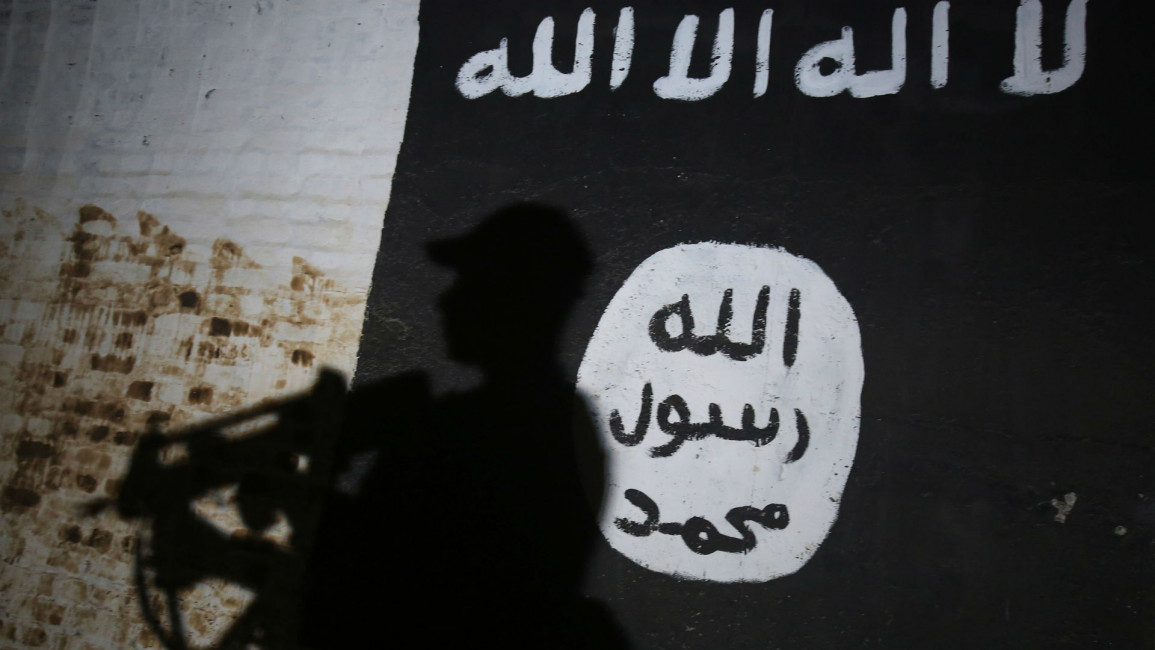The militants - who suffered major territorial losses at the hands of Iraqi and Syrian forces backed by a US-led international air campaign - are exploiting weaknesses in local forces to make gains, the report from the Office of Inspector General said.
"Despite losing its territorial 'caliphate,' the Islamic State in Iraq and Syria (ISIS) solidified its insurgent capabilities in Iraq and was resurging in Syria this quarter," according to the report, which uses an alternate name for the jihadist group.
IS has been able to "regroup and sustain operations" in the two countries partially because local forces "remain unable to sustain long-term operations, conduct multiple operations simultaneously, or hold territory that they have cleared," the report said.
The group's Syria resurgence came as Washington "completed a partial withdrawal" from the country, a move made despite commanders saying that the local US-backed Syrian Democratic Forces (SDF) "needed more training and equipping for counterinsurgency operations."
Last year, US President Donald Trump declared victory against IS and ordered the withdrawal of all American troops from Syria - a decision that prompted defense secretary Jim Mattis to quit.
A small number of American troops have remained in northeastern Syria, an area not controlled by the regime of President Bashar al-Assad, and Washington is pushing for increased military support from other members of the international coalition against IS.
IS militants have carried out targeted assassinations, ambushes and suicide bombings in both countries, and in Iraq have "established a more stable command and control node and a logistics node for coordination of attacks," the report said.
The group's strategy in the two countries is to "create turmoil in territory it has lost" and prevent local security forces "from establishing effective control and maintaining civil order."
IS has suffered major losses, but its predecessor the Islamic State of Iraq likewise appeared on the ropes after Sunni Muslim tribesmen turned against the jihadists, combining with the US "surge" of troops in 2007-2008 to deal them a body blow.
Abu Bakr al-Baghdadi was however able to revive the extremists' fortunes, drawing on subsequent widespread Sunni anger with Iraq's Shia-led government to rebuild, aided by the chaos and violence of the Syrian civil war.
The militants seized control of large parts of Syria and Iraq, declaring an Islamic "caliphate" in 2014 and committing widespread atrocities, and were only pushed back after multiple years of heavy fighting and a massive US air campaign.
Follow us on Twitter: @The_NewArab



